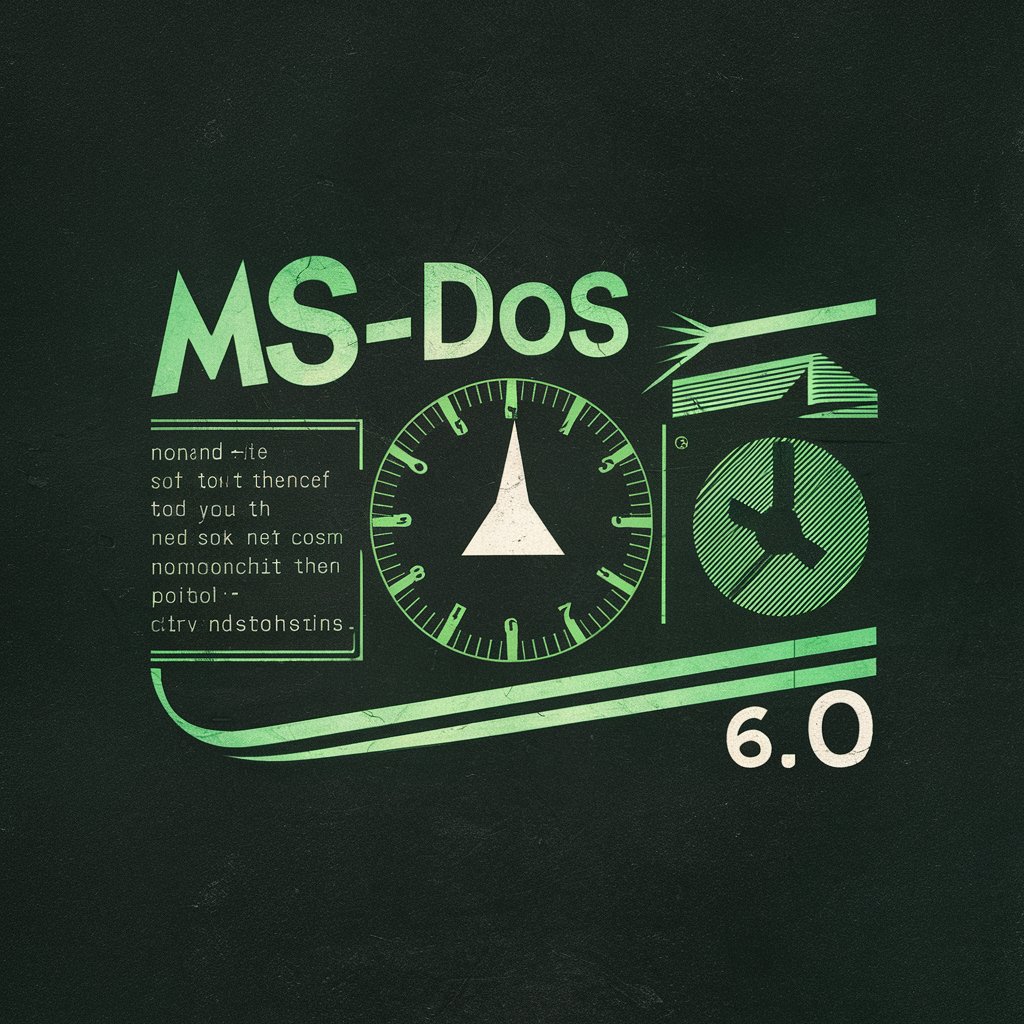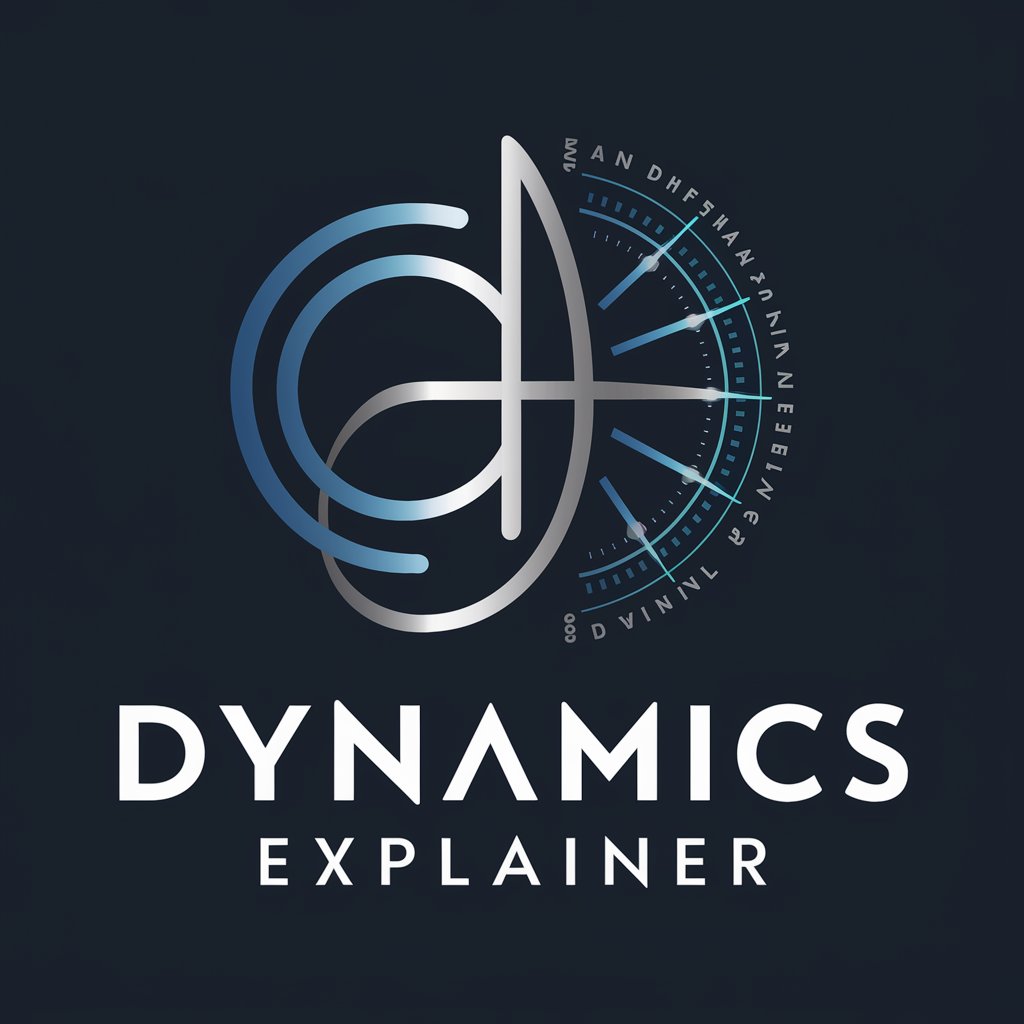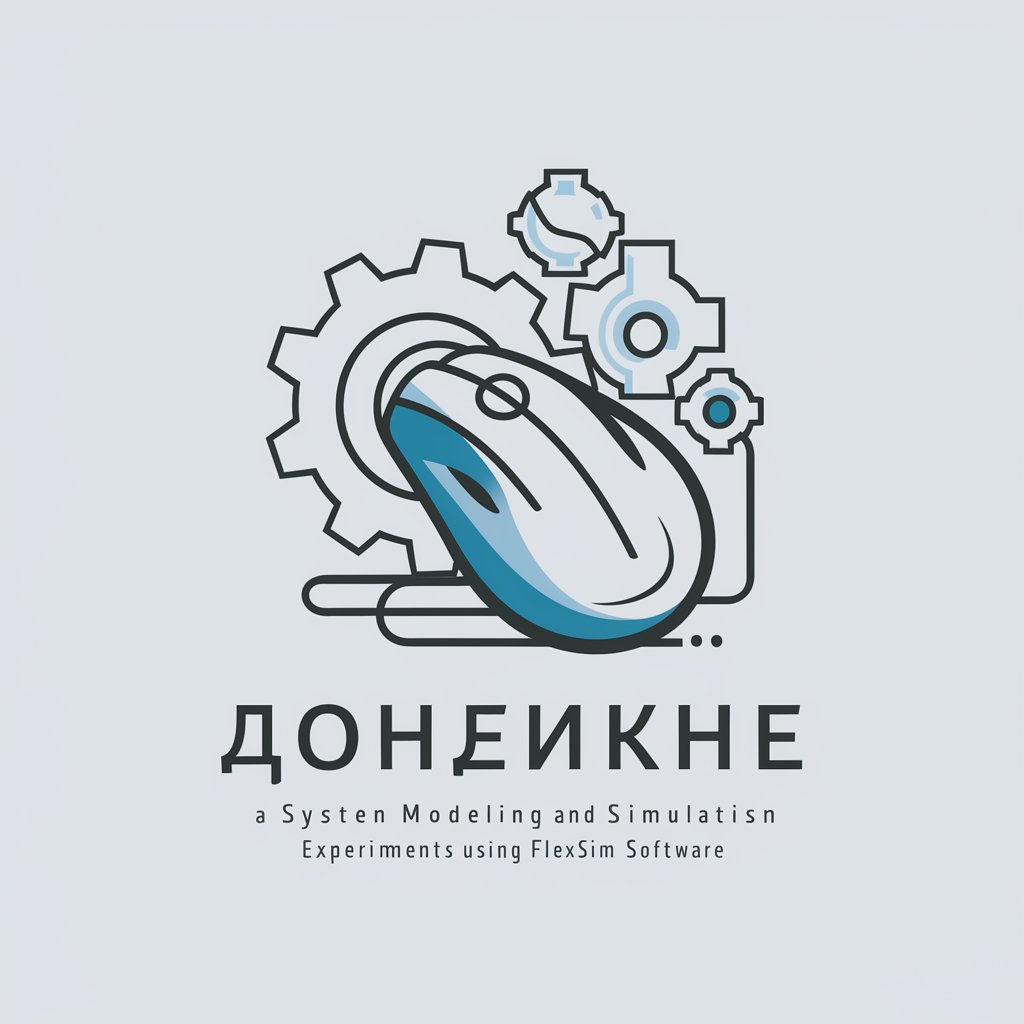15 GPTs for System Simulation Powered by AI for Free of 2026
AI GPTs for System Simulation refer to the application of Generative Pre-trained Transformers tailored for modeling, analyzing, and predicting complex system behaviors. These tools leverage advanced machine learning algorithms to understand and simulate various systems, from engineering designs to economic models. Their significance lies in the ability to provide highly accurate, data-driven insights for decision-making, planning, and optimization tasks within specific domains. By adapting GPT technology, these tools offer solutions that are both innovative and relevant, making them indispensable in the realm of system simulation.
Top 10 GPTs for System Simulation are: Mathematical Modeling GPT by Shahzad Ashraf,Quantum Computing Problem-Solver,Retro MS-DOS 6,MATLAB 通信工程助手 with Simulink Support,AutoGPT Sage,Dynamics Explainer,Analista Caótico,Linux Simulator,MathBot Engineer,JAX Control Expert
Mathematical Modeling GPT by Shahzad Ashraf
AI-Powered Mathematical Insight at Your Fingertips

Quantum Computing Problem-Solver
AI-powered solutions for quantum computing challenges

Retro MS-DOS 6
Experience DOS, powered by AI

MATLAB 通信工程助手 with Simulink Support
Empowering Communication Engineering with AI

AutoGPT Sage
Empowering AI with Multi-Agent Systems

Dynamics Explainer
Deciphering Dynamics with AI

Analista Caótico
Unraveling Chaos with AI Precision

Linux Simulator
Simulate Linux commands with AI-powered precision.

MathBot Engineer
AI-Powered Robotics Engineering Companion

JAX Control Expert
Simplifying PID Control with AI

铭哥的黑奴压榨策略器
Simplify your research with AI-powered modeling.

Energy Tech
Empowering Energy Solutions with AI

终端
Bringing Linux commands to your fingertips.

Controls Systems Teacher
Mastering Control System Design

Key Attributes and Capabilities
AI GPTs for System Simulation are distinguished by their adaptability, precision, and depth of analysis. Key features include the ability to process and simulate large datasets, understand complex system dynamics, and generate predictive outcomes. These tools can be customized for a range of applications, from simple system behavior predictions to advanced scenario planning and optimization. Special features may include natural language processing for intuitive interaction, technical support for model development, web searching for data enrichment, image creation for visualization, and data analysis capabilities for in-depth system insights.
Who Benefits from System Simulation GPTs
The primary users of AI GPTs for System Simulation span a broad spectrum, including students, researchers, engineers, data scientists, and business professionals. These tools are accessible to novices, offering user-friendly interfaces and guided simulations, while also providing extensive customization options for developers and professionals with coding skills. This versatility ensures that anyone interested in system analysis, from educational to professional settings, can leverage GPTs to enhance their work.
Try Our other AI GPTs tools for Free
Silent Communication
Discover how AI GPTs for Silent Communication revolutionize non-verbal interactions through gesture recognition, sign language translation, and emotional analysis, making communication seamless and inclusive.
Holiday Sales
Discover how AI GPTs for Holiday Sales can transform your holiday campaigns with advanced AI technology, offering personalized content, customer support, and insightful analytics.
Statistical Consulting
Discover how AI GPTs for Statistical Consulting can transform your data analysis process, making it more efficient and accessible to professionals and novices alike.
Smart Contract Coding
Explore AI GPTs for Smart Contract Coding: revolutionizing blockchain development with tailored, user-friendly tools for efficient and accurate smart contract creation and optimization.
Ethereum Deployment
Explore cutting-edge AI GPT tools for Ethereum Deployment, designed to simplify blockchain development with automated coding, real-time analytics, and user-friendly interfaces for both novices and professionals.
Cryptocurrency Creation
Discover how AI GPTs for Cryptocurrency Creation are revolutionizing the way we develop, manage, and innovate in the digital currency space.
Expanding Horizons with GPTs in System Simulation
AI GPTs for System Simulation are revolutionizing how we understand and interact with complex systems. Their ability to provide detailed simulations based on vast datasets and complex algorithms offers unprecedented insights into system behaviors. Furthermore, their user-friendly interfaces and integration capabilities make them a versatile choice for both educational and professional applications, paving the way for innovative solutions across various sectors.
Frequently Asked Questions
What are AI GPTs for System Simulation?
AI GPTs for System Simulation are advanced AI tools designed to model, analyze, and predict the behavior of complex systems using Generative Pre-trained Transformers.
Who can benefit from these tools?
Students, researchers, engineers, data scientists, and business professionals looking to simulate and understand complex systems.
Do I need coding skills to use these tools?
Not necessarily. These tools offer user-friendly interfaces for novices, as well as customization options for those with programming expertise.
Can these tools simulate any type of system?
While they are highly adaptable, their effectiveness depends on the data available and the specific model configurations used for the system in question.
How do these tools use AI to simulate systems?
They employ machine learning algorithms to analyze data, understand system dynamics, and predict future behaviors based on historical patterns.
Are these tools applicable in the industry?
Yes, they are widely used across various sectors, including engineering, economics, healthcare, and environmental studies, for planning, optimization, and decision-making processes.
Can I integrate these tools with other software?
Yes, many GPTs for System Simulation offer APIs and other integration options to work seamlessly with existing systems and workflows.
How do these tools handle data privacy and security?
These tools typically include robust security measures to protect sensitive data, but specific practices may vary depending on the provider.